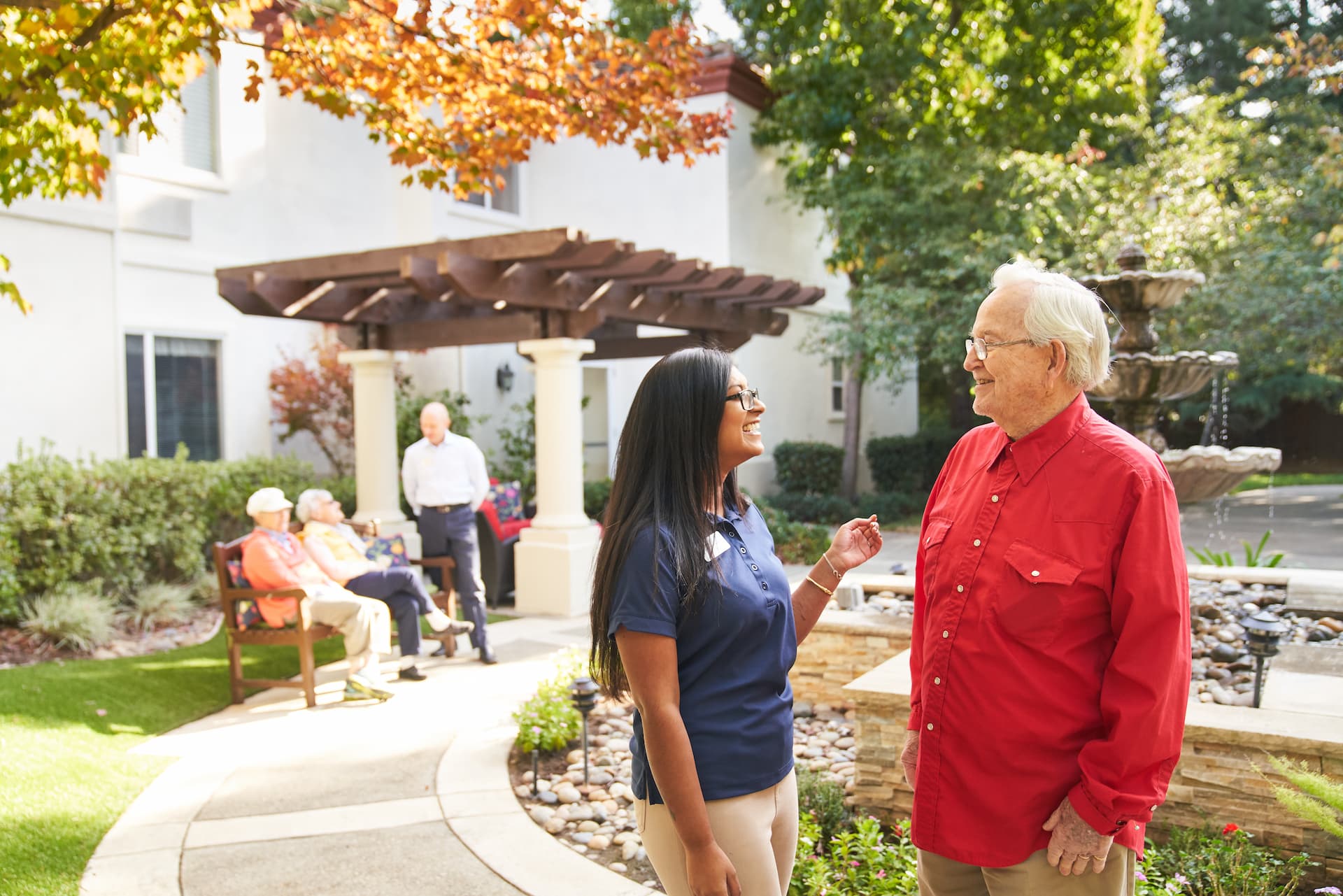
1. Independent Living
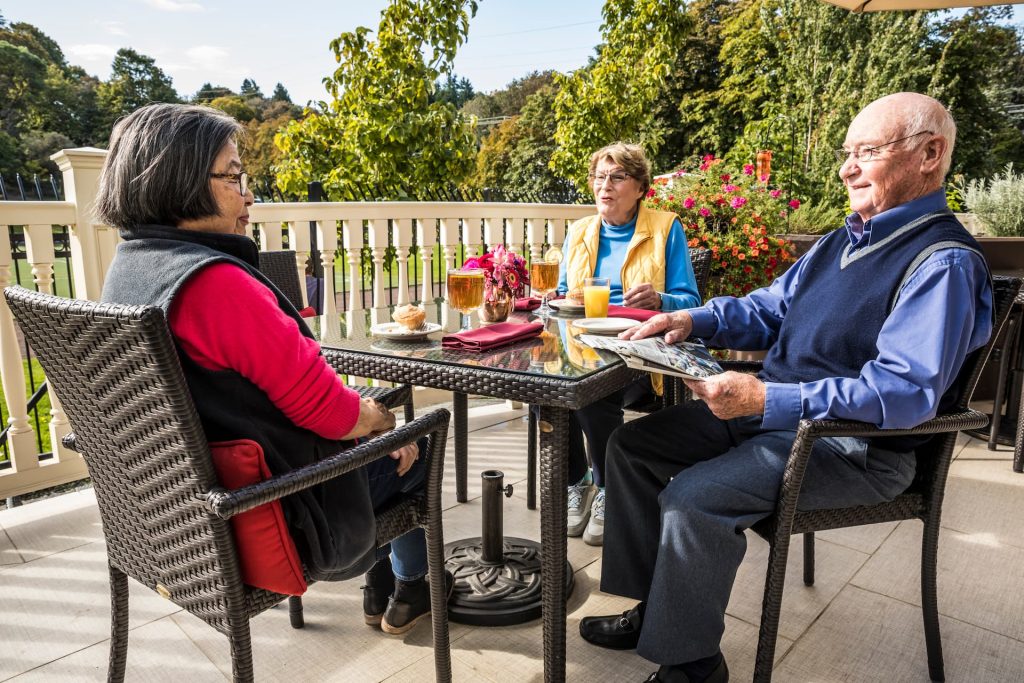
2. Assisted Living
If your parent or loved one is no longer safe or healthy living on their own, an assisted living community is a long-term care solution. An assisted living community offers around-the-clock care services by trained care managers in a home-like environment. The care staff can assist a resident with the activities of daily living (ADLs) like dressing, toileting, personal hygiene, grooming, bathing, eating, and transferring. Most assisted living communities employ an on-staff nurse to oversee the care of each resident and address any changes in their care. Also, an assisted living community handles the everyday chores for the residents like cooking three meals per day, providing snacks and beverages, housekeeping, laundry services, and transportation to appointments.
In addition to expert care and support, assisted living communities are built on a social model. Although residents live in private apartments, they are encouraged to engage and interact with their neighbors, staff members, and new friends throughout the day. These communities typically offer various entertainment options, daily activities, exercise classes, excursions, and events to promote friendships and comradery. In our Aegis Living communities, we have a staff of Life Enrichment directors who schedule a full calendar of rotating activities based on the interests, hobbies, and passions of the residents who live there.
3. Memory Care
Although some assisted living communities offer memory care wings within their building or on their campus, memory care is a distinct care option for a parent or loved one with Alzheimer’s or another form of dementia. Memory care communities meet the specific needs of residents with memory loss by specially trained staff who can manage the unique conditions associated with memory loss. The care staff provides personalized care to meet the resident wherever they are in the progression of their memory loss.
Apartments are modified to meet the residents’ needs and keep them safe. Also, activities, meals, and décor cater to the unique care needs of people living with memory loss. Most communities provide additional security measures such as exterior doors that are locked or use a delayed egress, motion sensors, emergency call buttons, and camouflaged exits for those who may wander. The goal is to offer a safe, calm, healthy, and comfortable environment while encouraging the residents to be as independent as possible throughout the day.
4. Respite Care
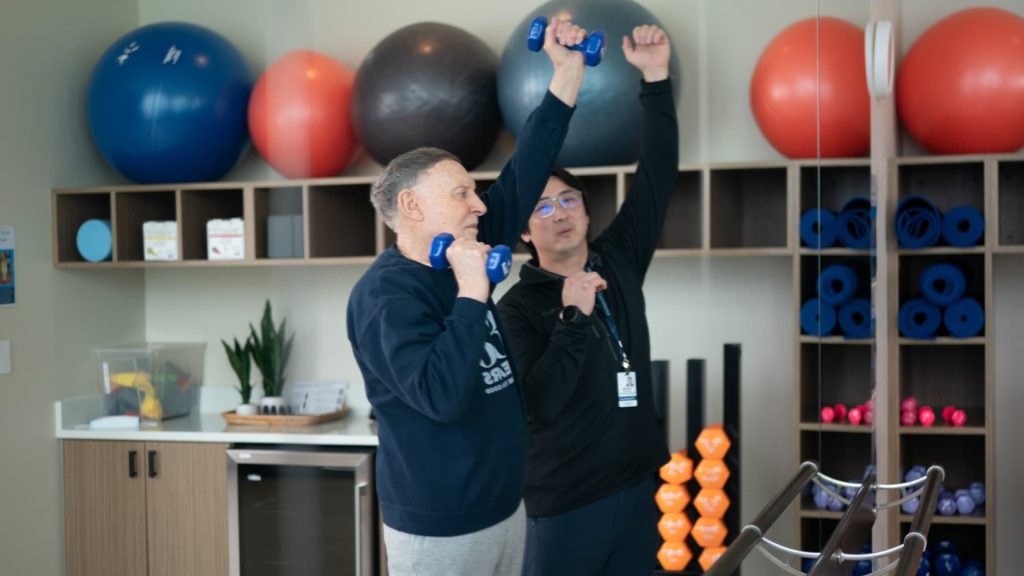
Whether your loved one stays in the neighborhood where they have lived for the past 40+ years, or they are moving to a new state to be closer to family, finding the perfect location is an important factor. If a community is nowhere near your normal routine or convenient for you or your siblings, it may be more difficult to visit regularly. Consider your entire family and where they live and work before determining the best community location.
Once you have selected the city or neighborhood, you can start to research for an assisted living community. The first and most convenient place to start is searching on the internet. Researching online first allows you to review a company to determine their care philosophy, culture, and background. You can request marketing materials, schedule a tour, and check their reviews. The internet is also a good place to start to determine the number of communities near your search area and how they differ from each other.
Another great referral is to ask friends and family whom you trust and live in the area. Their personal experience can be invaluable. Send an email or post a message to friends. You may be surprised by the responses that you receive with either recommendations or helpful tips based on their experience.
Also, there are referral services for assisted living communities that can help narrow your selection based on your personal and location criteria. Typically, these services are free to the family, but they will pass along your personal information to the assisted living communities. Often these communities will contact you quickly. So, if you are making a casual inquiry or not ready to move yet, a referral service may not be the recommended first step in your search.
5. Skilled Nursing Facility
Next to a hospital, a skilled nursing facility offers the highest level of care. A skilled nursing facility is best suited for your parent or loved one if they need a higher level of medical care or supervision for a short period of time (on average most stay for three months). It’s an appropriate choice if they are suffering from a complex medical condition, recuperating after surgery or a stroke, need daily therapy services, or require around-the-clock medical care. In a skilled nursing facility, a licensed physician oversees each patient’s care. Healthcare medical professionals, such as doctors, registered nurses, and therapists, are always on the premises. A skilled nursing facility is a more appropriate fit if your parent or loved one needs a higher level of medical attention.
Other Specialized Care Options
Seniors also have the opportunity to experience Aegis Living communities first-hand in a variety of different ways. Our specialized care options include:
Day stays: When an at-home caregiver is at work or needs time during the day to care for their family, seniors can spend the day enjoying the activities, delicious food, and delightful company at an Aegis Living community. Day stays include daily living assistance, medication management, and other care services. Aegis Living only offers the day stay option at our Washington communities.
Companion living program: This option lets seniors share a living space with another resident. Many assisted living communities simply pair roommates based on gender. At Aegis Living, we make the extra effort to pair based on personalities and interests as well as their sleeping and eating habits. The program also provides therapeutic activities that can help roommates form a lasting and fulfilling bond.
Hospice care: When a senior has limited options for medical intervention, hospice care through Aegis Living can provide them with a nurturing and compassionate environment in their last days. Hospice services are provided in addition to basic care, and staff will meet with a hospice provider chosen by the resident to create a coordinated care plan for the senior.
Researching care options for your parent or loved one may feel overwhelming. Having a clear understanding of the different services available to your family will help you make the right choice. If you have any questions, consult with your parent or loved one’s physician to help you better identify their care needs and medical condition. Our Aegis Living staff is always available to help answer your questions or provide resources to help you navigate your options. We have years of experience and are always happy to help!
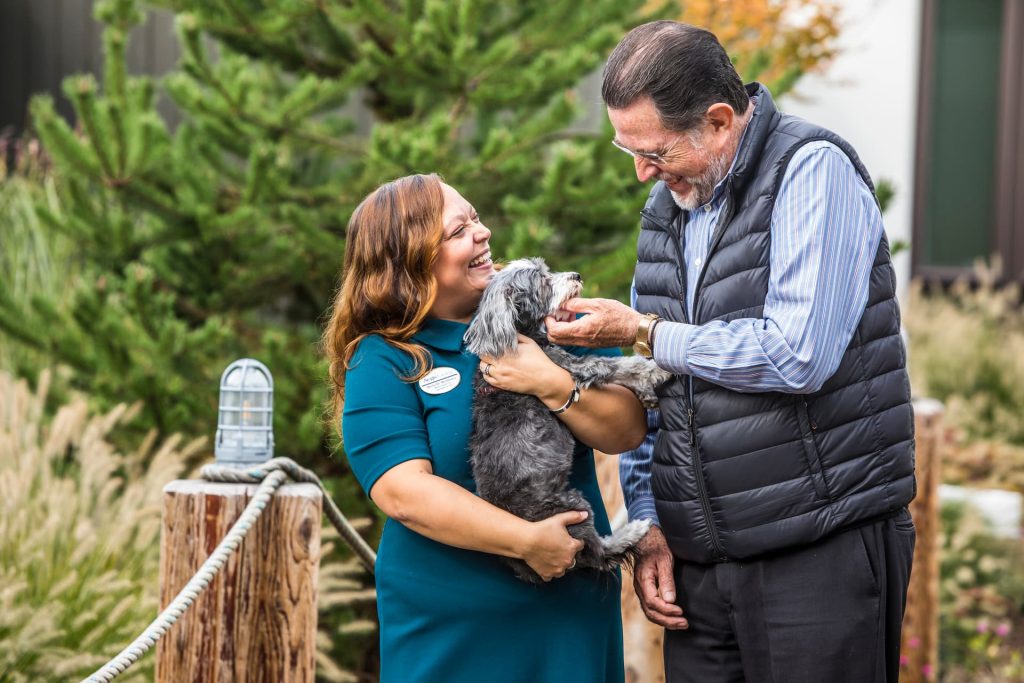
Next up
Aegis Living Difference
CEO and founder, Dwayne Clark, built Aegis Living with the determination of creating an alternative to the current senior housing options available. With more than 35 senior housing communities and growing, he has set new standards in the senior housing industry. Dwayne realized there was a better way to care for and serve our aging population. While working his way up in the assisted living industry as a young professional, he kept a box of dreams, ideas, and innovations that would later form the foundation of Aegis Living. Today, each community has a similar “black box” to collect these ideas from our staff and continue to revolutionize the senior housing industry.
Ready to Find Your Perfect Community?
See what Aegis Living has to offer near you! If you’re feeling overwhelmed, just give us a call and we’ll be happy to guide you.
Communities Nearby
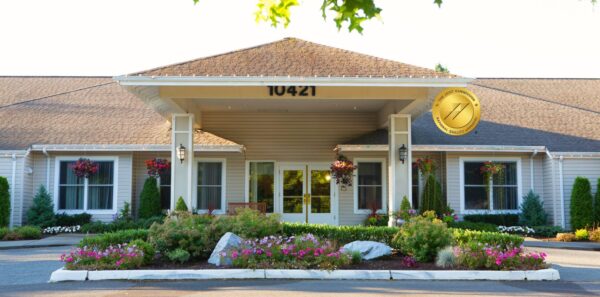
Kent
10421 SE 248th St
Kent,
WA 98030
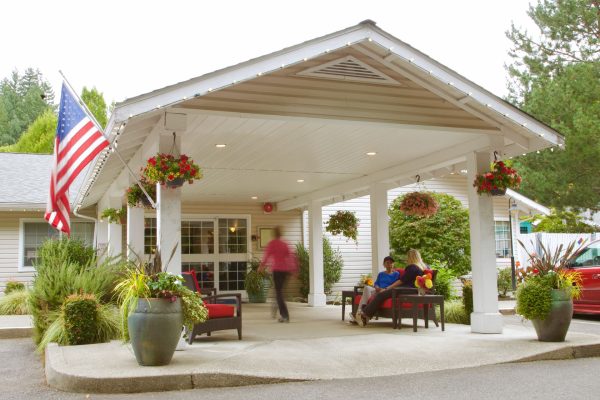
Issaquah
780 NW Juniper St
Issaquah,
WA 98027
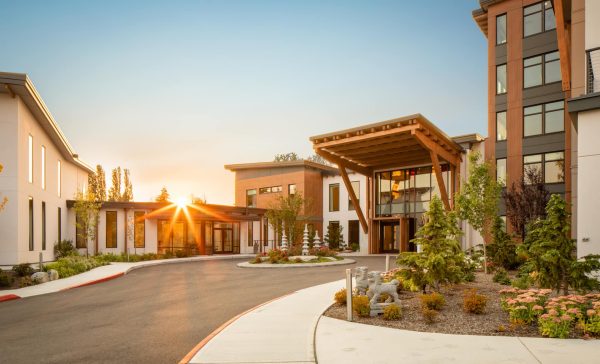
Aegis Gardens (Newcastle)
13056 SE 76th St
Newcastle,
WA 98056